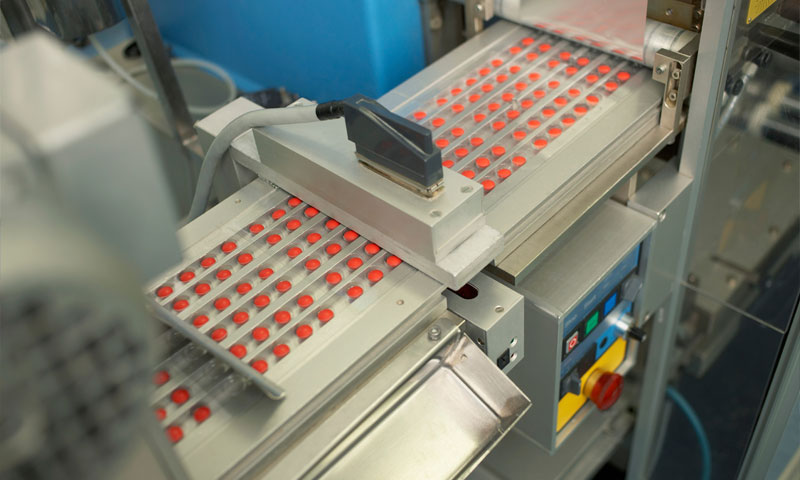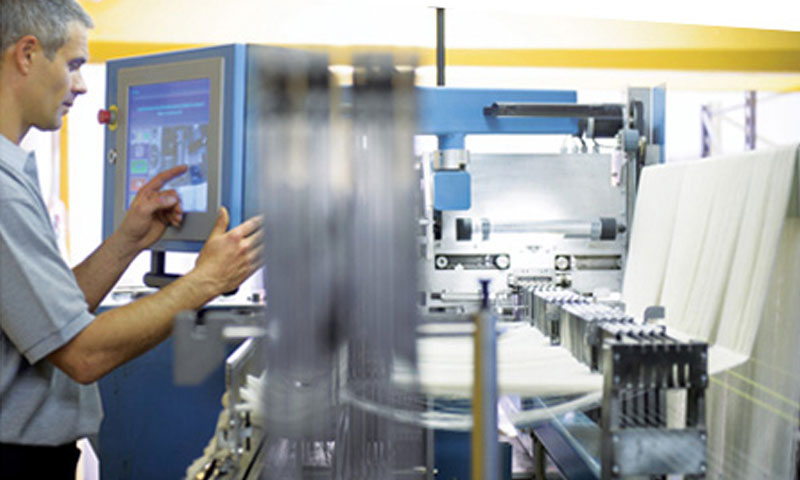Ensuring Data Integrity in Regulated Manufacturing Environments
In industries like pharmaceuticals, biotech, and food and beverage, where precision and compliance are critical, data integrity isn’t just a best practice—it’s a regulatory requirement. From production batches to clean-in-place (CIP) cycles, every step in a process must be recorded accurately, stored securely, and retrievable for audits and quality assurance.
As facilities become more automated, the systems capturing this data must be designed and validated with integrity in mind. At e2i, we work with clients every day to ensure their automated systems meet the highest standards for data accuracy, traceability, and compliance.
Why Data Integrity Matters
Data integrity refers to the accuracy, consistency, and reliability of data throughout its lifecycle. In regulated manufacturing environments, compromised data can lead to:
- Product recalls
- Regulatory penalties
- Lost trust with consumers and partners
- Delays in product approvals or batch releases
Agencies like the FDA and EMA have placed a strong emphasis on data integrity in recent years, particularly as manufacturers adopt digital solutions and automated processes.
To guide manufacturers, regulators have defined core principles around data integrity, known as ALCOA+:
- Attributable – Who performed the action?
- Legible – Can the data be read and understood?
- Contemporaneous – Was the data recorded in real time?
- Original – Is the source data preserved?
- Accurate – Is the data correct and error-free?
- +Complete, Consistent, Enduring, and Available
These principles must be embedded in every system used to capture, store, and retrieve critical data in manufacturing environments.
Common Data Integrity Challenges in Manufacturing
Even well-intentioned operations can struggle with data integrity due to:
1. Manual Recordkeeping
Paper-based logs are prone to human error, manipulation, and illegibility. They also slow down audits and investigations.
2. Non-Compliant Automation
Automated systems that lack secure audit trails, time-stamped records, or proper access controls can fall short of regulatory expectations.
3. Lack of System Validation
Without formal qualification of software and automation systems (IQ/OQ/PQ), manufacturers may face scrutiny during regulatory inspections.
Best Practices
Manufacturers looking to improve or maintain data integrity should consider the following strategies:
Implement Electronic Batch Records (EBRs): Replacing paper with digital batch records ensures real-time data capture, secure storage, and traceability.
Secure Audit Trails: Automation systems should track every interaction with the system—who changed what, when, and why.
Role-Based Access Controls: Only authorized personnel should be able to access and modify specific data sets. This prevents unauthorized changes.
Data Historian Integration: Using historian systems to collect and store process data ensures records are archived and available for trend analysis and audits.
System Validation and Documentation: Ensure all software, HMI, PLCs, and data systems are properly validated using documented protocols (IQ, OQ, PQ) aligned with FDA 21 CFR Part 11 and EU Annex 11.
How Automation Supports Data Integrity
Modern automation systems—when designed and implemented correctly—can dramatically improve data integrity. At e2i, we engineer automation solutions with compliance in mind. Whether we’re updating a legacy CIP system, implementing recipe management in batch processing, or integrating third-party packaging equipment, our approach includes:
- GAMP 5-compliant validation protocols
- Audit-ready documentation
- Secure HMI and SCADA design
- Robust data collection and reporting tools
This allows our clients to operate with confidence, knowing their systems meet both operational and regulatory standards.
Closing Thoughts
Data integrity is not just the responsibility of the quality assurance team—it must be designed into your processes, systems, and technology from the ground up. With the right automation strategy and expert guidance, manufacturers can reduce risk, improve efficiency, and stay audit-ready at all times.
If you’re modernizing your systems or facing challenges with regulatory compliance, it may be time to reassess how your automation platform supports data integrity.


















